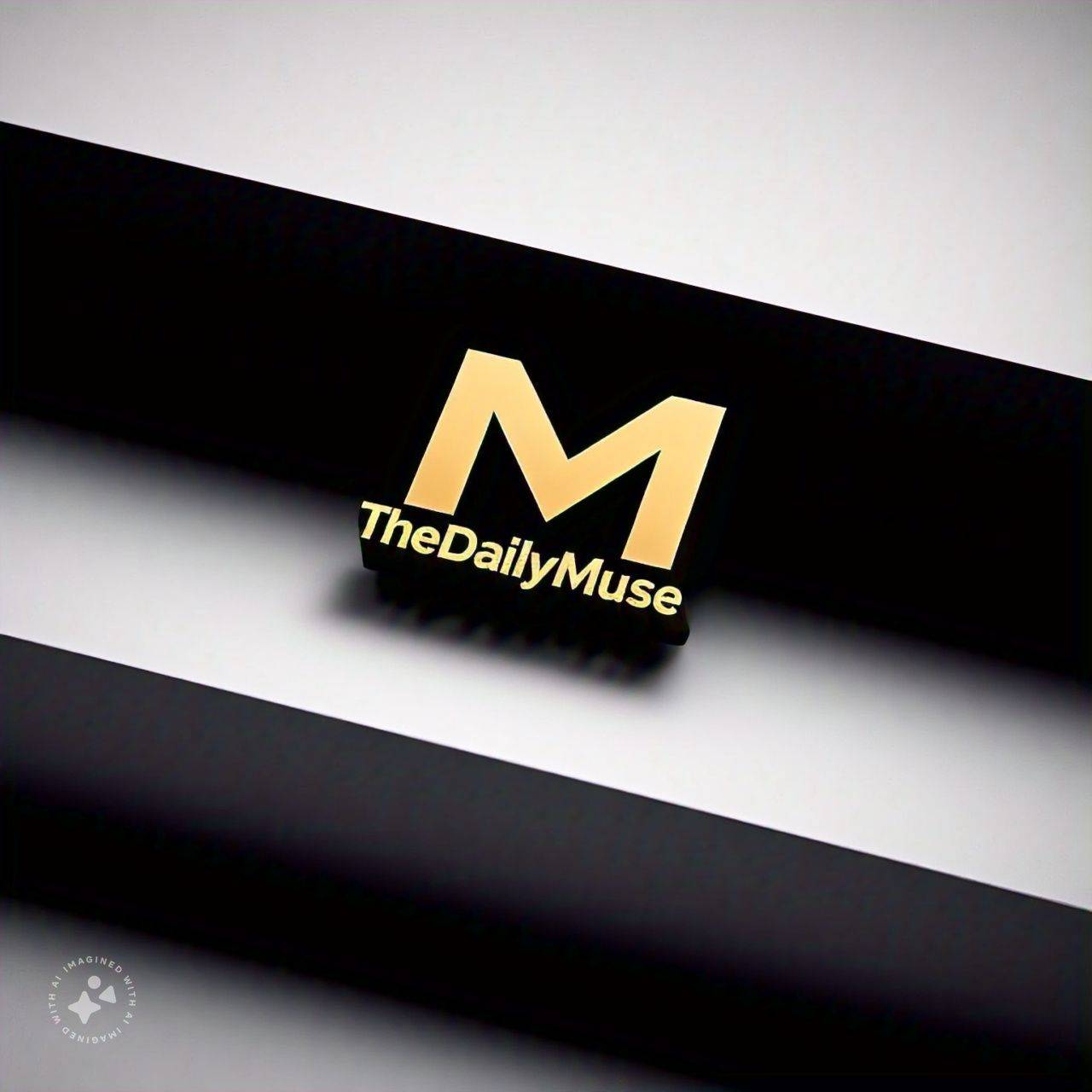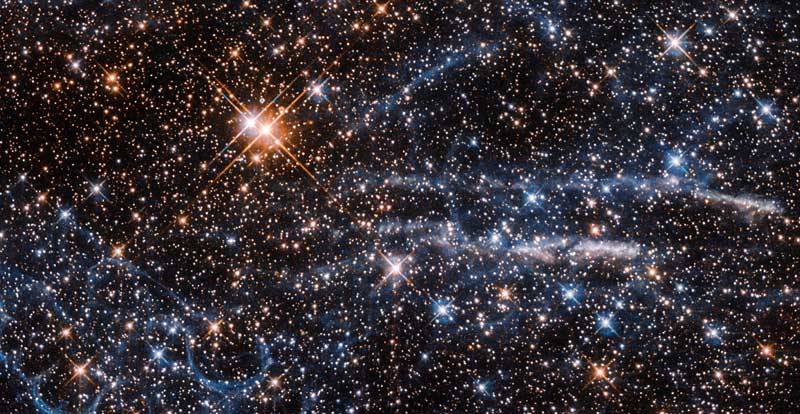The origin of the universe is primarily explained by the Big Bang theory, a widely accepted scientific model that describes how the universe expanded from an extremely hot and dense state approximately 13.8 billion years ago. According to this theory, all matter and energy were concentrated in a singularity, a point of infinite density and temperature. This singularity began to expand rapidly, leading to the creation of space and time as we know them.
In the first moments following the Big Bang, the universe underwent a process called cosmic inflation. This rapid expansion caused the universe to grow exponentially in size, smoothing out any irregularities and distributing energy evenly across vast distances. During this period, fundamental forces such as gravity, electromagnetism, and the strong and weak nuclear forces began to differentiate from one another.
As the universe continued to expand and cool, subatomic particles like quarks and electrons formed. Within a few minutes, these particles combined to create protons and neutrons, leading to the formation of simple atomic nuclei in a process known as nucleosynthesis. The universe was still too hot for electrons to bind with these nuclei to form atoms; however, after about 380,000 years, the temperature dropped sufficiently for electrons to combine with protons, resulting in the formation of hydrogen and helium atoms. This era is referred to as "recombination."
Once neutral atoms formed, photons—light particles—could travel freely through space. This event marked the decoupling of matter and radiation, allowing light to permeate the cosmos. The afterglow of this primordial light is detectable today as the Cosmic Microwave Background Radiation (CMB), providing strong evidence for the Big Bang theory.
Over billions of years, gravity caused matter to clump together, forming stars and galaxies. Nuclear fusion within stars produced heavier elements, which were later distributed throughout the universe when stars died in spectacular explosions known as supernovae. This process laid the groundwork for the formation of planets and eventually life.
In summary, the universe began with the Big Bang, a monumental expansion from a singularity that set into motion the formation of matter, light, and structures we observe today. The ongoing study of cosmic phenomena continues to deepen our understanding of this awe-inspiring origin story.




No comments yet
Be the first to share your thoughts!